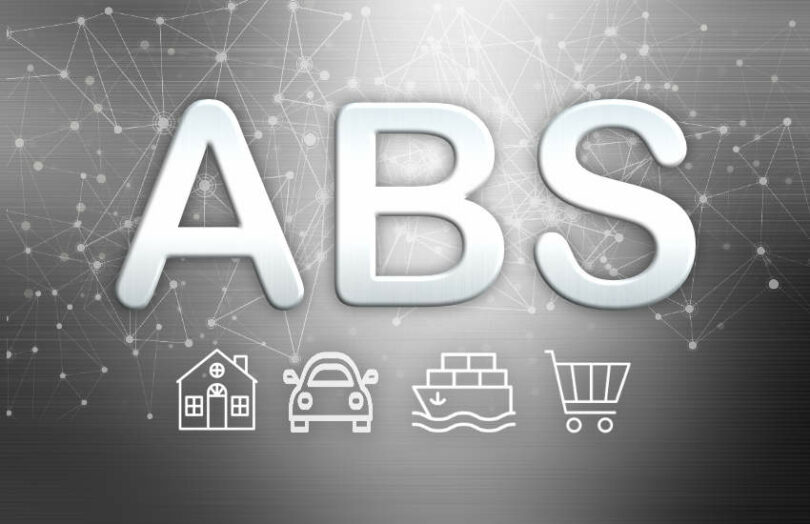This week the BIS published an empirical study of 5,000 asset-backed securities (ABS) issuances in China, comparing the pricing of ABS with and without blockchain. The finding was that “overall blockchain adoption improves ABS pricing significantly.”
Starting in 2017, around 5% of ABS in China use blockchain. ABS is pretty new in the country, with issuances commencing in 2015 and growing to CNY2.9 trillion ($400 billion) by 2020.
A conservative estimate is that blockchain lowers the yield spread by 25 basis points although some results showed the impact was as high as 39 basis points. Given the average yield spread in the study was 76 basis points, that’s a major impact.
Article continues …

Want the full story? Pro subscribers get complete articles, exclusive industry analysis, and early access to legislative updates that keep you ahead of the competition. Join the professionals who are choosing deeper insights over surface level news.






